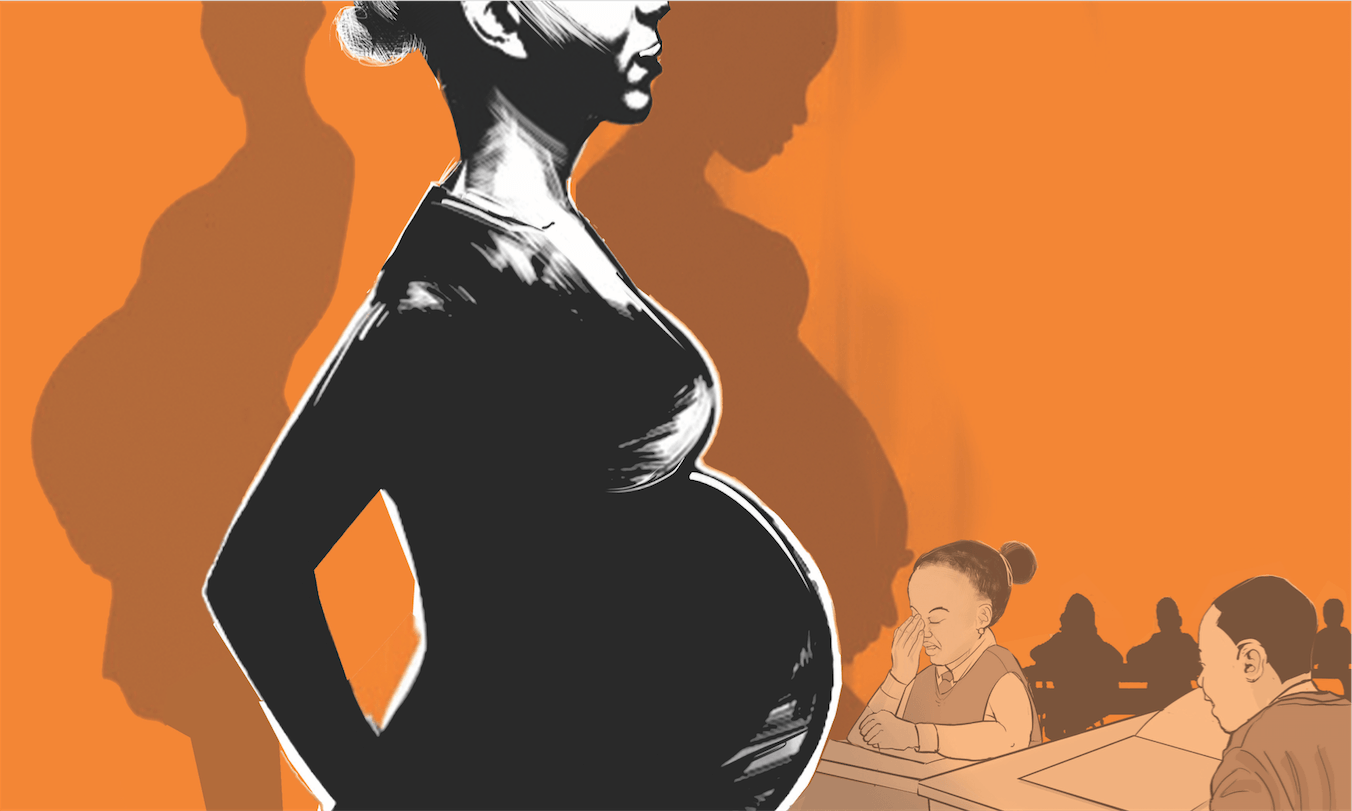

From a brisk 15-minute walk, to getting regular sleep – doing these things in your 30s could help you stay fit well into your 70s.
By the time you reach your eighth decade of life, the chances are that you'll probably be feeling weaker, stiffer, and perhaps a little less cognitively sharp than in your younger years.
Your sleep patterns might have changed so that you feel drowsier in the evenings and then wake earlier.
Most concerningly, going by population averages, it's likely that you will be dealing with at least one chronic health condition.
Yet researchers, now more than ever, are convinced that this is not an inevitability.
"Based on what we now know, most people could expect to live to 90 or even 95 in good health if they were to optimise their lifestyle," says Eric Verdin, president and chief executive of the Buck Institute for Research on Ageing in California.
"And that's very far from where we are, where most people live to 65 or 70 in good health, and then become ill and suffer all the indignities of old age."
While Verdin says that it's never too late to improve your health at any age through making positive lifestyle adjustments, whether that's exercising more, eating better or cutting back on alcohol, you will likely fare best if you start sooner.
In particular, researchers have highlighted your 30s as a key decade when a number of physiological systems, whether that's muscle mass and strength, bone density or metabolic regulation, begin to show the first subtle age-related changes.
"It does highlight this period as an important opportunity to reinforce behaviours that build long-term resilience," says João Passos, a professor of physiology at the Mayo Clinic's Kogod Center on Ageing, based in Minnesota.
Paul Morgan, a senior lecturer in nutrition and metabolism at Manchester Metropolitan University, notes that many of these athletes display a very different ageing trajectory to the rest of us, characterised by a higher peak in cardiovascular function and muscle strength and function, followed by a delayed decline.
As a result, he says that many of them manage to avoid loss of mobility and independence for much longer in later life.
"They have this additional reserve which acts as a protective barrier through the middle stages of life," says Morgan.
We can all learn from this.
To give us the best chance of ageing well, Morgan says that we should aim to hit the highest peak that we can in our 30s, particularly when it comes to aerobic capacity (the maximum amount of oxygen your body can use during exercise), flexibility, and muscle strength.
One of the biggest risks for anyone over the age of 70 is tripping and falling, which is linked to a loss of agility and a decreased range of motion in the joints.
"I always see the muscle groups in the lower limbs that are responsible for locomotion as having the biggest role to play in maintaining independence, and with that, good health in later life," says Morgan.
"So that's especially important to focus on."
Playing sport is an excellent way to achieve this.
Research has shown that taking part in racquet sports such as tennis or badminton has a consistent association with extended lifespan, while a 2025 Japanese study highlighted the benefits of cycling, with older adults who cycle regularly being less likely to need long-term care or die prematurely.
Running for more than 75 minutes per week has also been found to slow certain aspects of the ageing process, but you might want to think again when it comes to running marathons.
There is some evidence that pushing your body to extremes can actually accelerate some aspects of biological ageing, although this remains less well understood.
On the other hand, one study found that as little as five minutes of moderate to vigorous physical activity per day can help slow brain ageing, and according to Aditi Gurkar, an assistant professor of medicine at the University of Pittsburgh in the US, we can all get some of the healthy ageing benefits through following relatively simple steps.
"Even a brisk 15-minute walk after a meal can make a meaningful difference," she says.
Building your brain's reserve
Just as we can protect and strengthen our muscles and cardiovascular system in our 30s, we can also do the same for our brain.
Maintaining good dental health through regular checkups, a good brushing routine, not smoking, and limiting intake of sugary foods can make a surprising difference.
This is based on numerous studies which have repeatedly linked the development of periodontal disease, a gum condition characterised by elevated inflammation, with a heightened risk of cognitive decline in later life.
This is thought to be due to the chronic impacts of systemic inflammation on the brain.
Your 30s could also be the decade to begin reducing your alcohol consumption.
Drinking alcohol is linked to changes in gene expression in the body which accelerate ageing.
Alcohol is also a key disruptor of sleep, and Verdin highlights consistent sleeping patterns as being key for avoiding age-related brain shrinkage and lowering dementia risk in decades to come.
This includes making sure you go to sleep and wake up at the same time every day, known as sleep regularity.
Not only does sleep allow the body to focus on repairing cells, it also gives people the energy and motivation to pursue a healthy lifestyle.
"Even if you're lacking sleep for one night, your metabolism changes, and your willpower to do all the things that are keeping you healthy goes away," he says.
Because of the importance of maintaining a regular sleeping pattern, Verdin says he now uses an alarm clock each night – not to wake himself up, but to remind him to go to bed.
"The reason for this is we're circadian beings," he says.
"Our whole biology, from gene expression to metabolism is in synchrony with the 24-hour cycle, and so I tell people, going to bed at the same time each day helps your body to stay really well synchronised to all of this."
A good night’s sleep may not always be possible, however, as anyone raising young children in their 30s will know.
Finally, your 30s is probably a good time to begin taking nutrition a little more seriously.
Verdin says that one of the best things we can do is to give our bodies more time during the day when we're not actually eating, for example through intermittent fasting.
While many proponents of intermittent fasting recommend a so-called 16:8 split, where you fast for 16 hours of the day and compress your eating into an eight-hour window, Verdin says that we can achieve plenty of benefits through a more manageable 12:12 split.
"Essentially when you're fasting, that allows your body to focus not on digesting but on repairing," he says.
"I tell people, when you are eating, you are building. When you're fasting, you are repairing."
Overall, Passos is convinced that the choices we make in early adulthood can have a lasting impact on how we age.
He points to large studies which have tracked tens of thousands of people in the US for decades, such as the Framingham Heart Study and the Nurses' Health Study, which reveal that people who maintain healthier lifestyles in midlife have lower risks of cardiovascular disease, cognitive decline and frailty – even decades later.
"By maintaining healthier behaviours in our 30s, we may prevent or delay subtle molecular and cellular changes that, if left unchecked, accumulate over time and contribute to functional decline in our 70s," says Passos.
"While I don't believe that by doing this we can stop ageing, we can certainly shape its trajectory."
While you may still feel somewhat invincible in your 30s, the steady tick of the ageing clock ultimately impacts us all.
But if you cut out excessive alcohol, find a sport which you can keep playing into your latter years, set a regular sleeping pattern and give your body more breaks from constant eating, your heart, muscles, joints, and brain will all thank you in years to come.


















